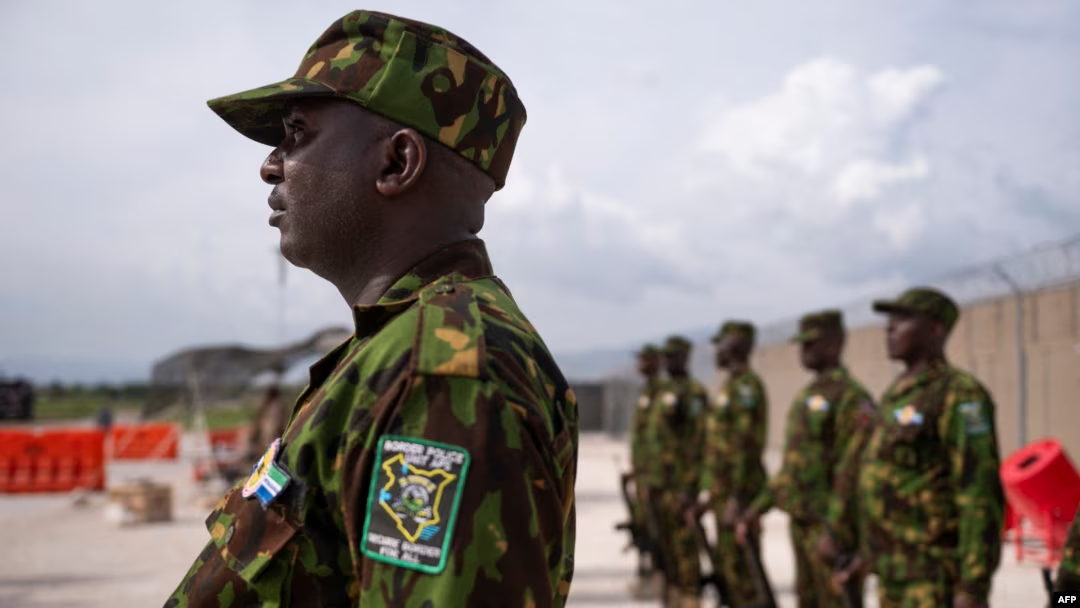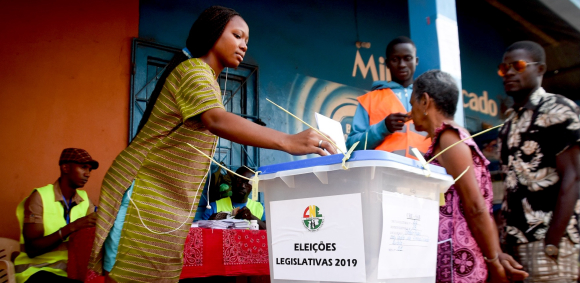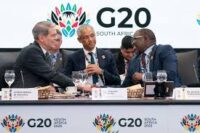The future of Kenya’s security mission in Haiti has been thrown into uncertainty following the United Nations Security Council’s decision to replace the Multinational Security Support (MSS) mission with a new Gang Suppression Force (GSF). The move marks a major shift in the international response to Haiti’s spiraling security crisis, where armed gangs control large portions of the capital, Port-au-Prince, and violence has displaced hundreds of thousands.
Under the new structure, the Gang Suppression Force will operate with a stronger mandate under Chapter VII of the UN Charter, allowing it to conduct offensive counter-gang operations, secure critical infrastructure, and restore government authority across the country. This represents a departure from the previous MSS framework, which focused mainly on providing logistical and training support to the Haitian National Police (HNP) rather than engaging directly in combat operations.
The reorganization has sparked debate over what happens next for the roughly 400 Kenyan police officers deployed in Haiti as part of the MSS. Some analysts believe Kenya’s contingent could be absorbed into the new GSF structure, given Nairobi’s leadership role in the previous mission and its strong diplomatic ties with the UN and the United States. Others suggest the transition could prompt Kenya to reconsider its involvement, particularly amid growing domestic criticism over the risks facing its officers abroad.
The United States, a key sponsor of both missions, has defended the UN’s decision, saying the GSF will be better equipped to confront Haiti’s powerful gangs. U.S. Ambassador to the UN, Mike Waltz, praised Kenya and other MSS contributors for their “bravery and sacrifice,” but admitted that the previous mission “lacked the scale, scope, and resources to dismantle Haiti’s armed networks.” The U.S. has pledged continued funding and logistical support to the new force, calling it an essential step toward stabilizing the country.
For Kenya, the development comes at a critical moment. President William Ruto’s administration has framed the Haiti deployment as a symbol of Kenya’s growing role in global peacekeeping and international security cooperation. However, the mission has faced legal challenges and public scrutiny at home, with critics arguing that Kenya should not send officers into a volatile foreign conflict while facing domestic security issues of its own.
Security experts note that while the GSF’s stronger mandate could improve operational effectiveness, it also raises concerns about potential casualties and accountability in combat situations. “Kenya will need clear assurances about command structure, legal protections, and operational coordination before committing further,” said Dr. Joseph Omondi, a Nairobi-based security analyst.
Meanwhile, Haiti’s situation remains dire. The country has been gripped by violence, political instability, and economic collapse since the 2021 assassination of President Jovenel Moïse. With the Haitian government struggling to reassert control and elections indefinitely postponed, the UN hopes the GSF will restore enough stability to pave the way for political dialogue and humanitarian access.
As discussions continue at UN headquarters, the fate of the Kenyan contingent remains uncertain. Whether they stay, withdraw, or transition into the new Gang Suppression Force will depend on the outcome of negotiations between Nairobi, the UN, and other international partners. For now, the mission’s future and Haiti’s fragile path toward peace hangs in the balance.














Leave a comment